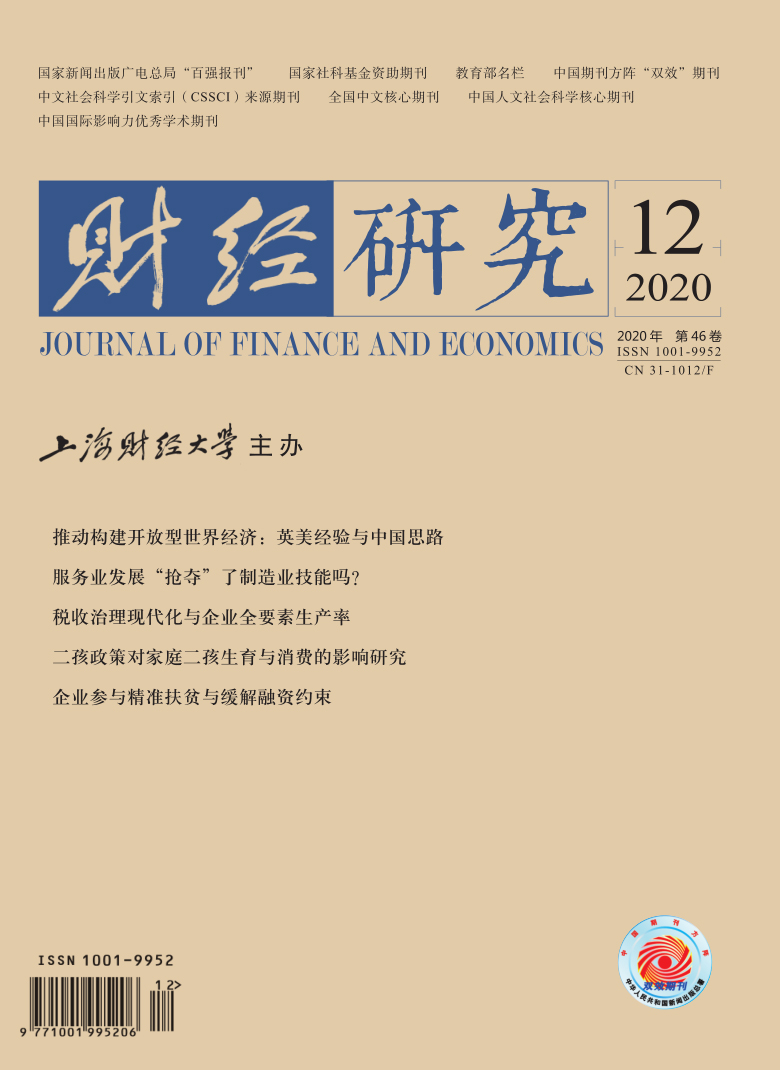The two-child policy is an important public policy to promote the optimization of population structure and economic and social development in China. Based on the four-phase data of China Family Panel Studies (CFPS), this paper evaluates the impacts of the “single two-child” and “universal two-child” policies on the household’s fertility and consumption. This paper finds that: (1) The “single two-child” policy does not affect household fertility and consumption, basically supporting the academic common wisdom that the “single two-child” policy does not work as expected. (2) The “universal two-child” policy has a weak impact on the birth of second child in non-only-child families. The probability of having second child in non-only-child families increases by about 2.3 percent compared to all households before the policy. (3) The “single two-child” policy does not affect household consumption, while the “universal two-child” policy significantly reduces the consumption of non-only-child families with second child. From the view of household consumption structure, the development and enjoyment consumption of non-only-child families with second child has decreased significantly, but the survival consumption has not decreased obviously. (4) A further analysis of the impact of the “universal two-child” policy on household consumption reveals that housing loans have a negative effect on the consumption of non-only-child families with second child. (5) The “universal two-child” policy mainly affects the consumption of low-income families and “out-of-system” families with second child, but has no effect on high-income families and “in-system” families. This study provides empirical evidence to evaluate the effect of the two-child policy and its impact on household consumption.
The adjustment of fertility policy has been widely concerned by all walks of life. Its implementation has brought more space for family choice. However, how to better stimulate the fertility desire of target families and stimulate family consumption is a problem we need to think about. With the aging of non-only “post-70s” and “post-80s”, “post-90s” gradually enter the period of marriage and childbearing. Using the current two-child fertility rate to predict, the number of two-child births in this generation is not optimistic. In terms of future policy design, China should shift from birth control to birth encourage, and let the choice return to family. China should speed up the establishment of policy support system under the new fertility pattern, and make full use of welfare policies such as education, medical treatment and old-age care to improve the family’s internal fertility desire, therefore change the current low fertility status quo. The “universal two-child” policy has a certain inhibitory effect on the consumption of low-income families and “out-of-system” families. Policy in the future should focus on supporting these families to improve their consumption ability and consumption level.






 9920
9920  14418
14418

